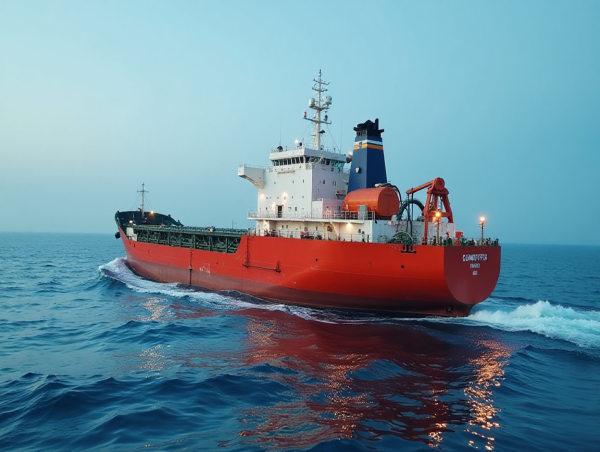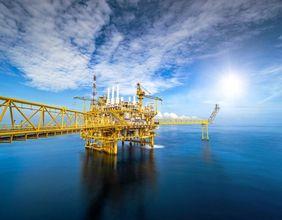Denmark launched the world’s first commercial-scale e-methanol plant on Tuesday.
Maersk, a major shipping company, will purchase some of the plant’s output to use as a low-emission fuel for its container ship fleet, according to a Reuters report.
Decarbonisation in global shipping
The global shipping industry faces increasing pressure to transition away from traditional fossil fuels due to growing international consensus on the urgent need to combat climate change.
A significant majority of countries have expressed their support for measures aimed at achieving the ambitious carbon emission reduction targets set by the International Maritime Organization (IMO).
These targets, which strive for the elimination of carbon emissions from the shipping sector by 2050, necessitate a fundamental shift towards the adoption of sustainable fuel sources.
This transition presents both considerable challenges and significant opportunities for innovation and investment within the maritime industry and related sectors.
The search for viable alternative fuels encompasses a wide range of possibilities, including biofuels, ammonia, hydrogen, methanol, and synthetic fuels, each with its own technical, economic, and environmental considerations.
Furthermore, the development of new engine technologies, bunkering infrastructure, and regulatory frameworks will be crucial to facilitate this industry-wide transformation.
Currently, zero-emission shipping fuels like green ammonia and e-methanol, generated with renewable energy, are generally pricier than traditional fuels mainly due to their limited production volume.
Kasso e-methanol plant
A new e-methanol plant in Kasso, southern Denmark, owned jointly by Denmark’s European Energy and Japan’s Mitsui, is expected to produce 42,000 metric tons (53 million liters) annually.
The estimated cost of the facility is 150 million euros ($167 million).
Maersk is positioned to be a significant customer.
The company currently operates 13 dual-fuel methanol container ships, capable of running on both fuel oil and e-methanol, and has an additional 13 such vessels on order.
Maersk stated that the plant’s yearly output can supply enough power for a large 16,000-container ship traveling between Asia and Europe.
The world’s first dual-fuel container ship, the smaller Laura Maersk, has a capacity exceeding 2,100 twenty-foot equivalent units and requires 3,600 tons of fuel annually.
The Laura Maersk is expected to refuel near Kasso on Tuesday.
Methanol is conventionally manufactured using natural gas and coal as primary feedstocks.
Utilising renewable energy and carbon dioxide sourced from biogas facilities and waste incineration, the Kasso plant will produce e-methanol.
Impact
Maersk identified the high cost of sustainable fuel as a major obstacle in the transition. To address this, they are actively exploring green fuel technologies and more efficient shipping methods aimed at reducing expenses.
Emil Vikjar-Andresen, head of European Energy’s Danish Power-to-X team, said in a webinar:
When you look at the production from Kasso, it is of course just a literal drop in the ocean, so we need to scale up and we need to bring costs down.
E-methanol’s applications extend beyond shipping; it can also substitute fossil methanol in plastic manufacturing, offering a sustainable supply option for other Danish industries.
Novo Nordisk and Lego will utilise e-methanol produced at the plant for their products: injection pens and plastic bricks, respectively.
The excess heat from the e-methanol production will be used to provide heating for 3,300 local households.
The post Denmark opens world's first commercial e-methanol plant: here's all you need to know appeared first on Invezz


.jpg)


